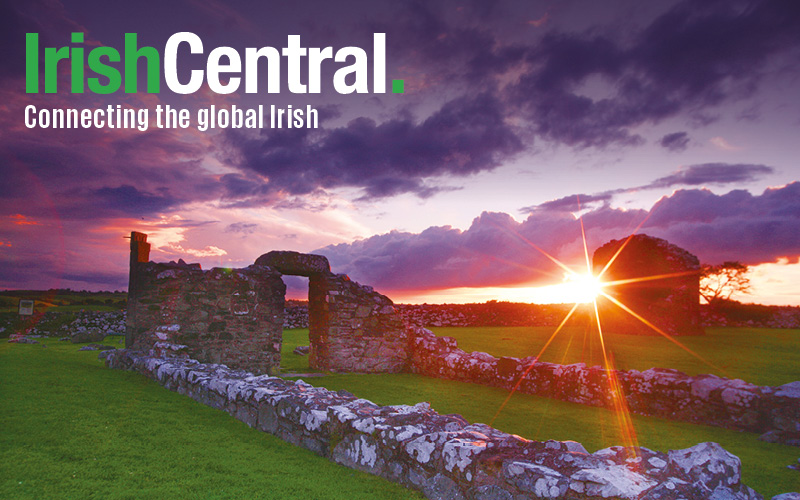A fake Irish passport was used as part of a $126 million (€100 million) gold scam in West Africa, which is currently being investigated by the FBI and Interpol.
The forged passport, in the name of John Recketts, was used to dupe US investors out of millions of dollars over the course of a year, the Irish Independent reports.
The number of the fake passport was that of a valid travel document used by an elderly woman with an address in Dublin. The woman was unaware that her passport details had been stolen.
Other details on the passport were professionally forged.
It is understood that the scam began in Lagos, Nigeria, but the passport was forged from data obtained in Dublin.
The hoax allowed US investors to purchase unprocessed gold directly from a mine in West Africa. Investors were told they could purchase the gold in mined form without any taxes or fees being applied.
______________
Read More:
Irish summer students facing crackdown over passport forgery
How to get an Irish passport
Read more Irish roots stories
______________
The Independent reports that the sum involved more than $12 million (€10million), with investors standing to make $126 million (€100million) once the gold was successfully transported to Europe or the Middle East.
The scam was discovered when an Irish security team was given the task of escorting the gold to Europe and the Middle East. The team became suspicious when they made several failed attempts to contact ‘John Recketts’. When they told US investors about their suspicions the investors withdrew and abandoned the Irish team in West Africa, leaving them to fund their own trip home.
A member of the security team who arrived back in Ireland last month told the Independent.
"We were cut loose -- the minute they (the investors) realized what was going on they walked away. We had to pay all our own expenses and even our flights home," he said.
The US investors have lodged a complaint with the FBI over the matter. It is understood the Irish Government has yet to be contacted by the Interpol or the FBI. The Department of Foreign Affairs told the Irish Independent: "We don't publicly comment on individual investigations of fraud or related matters."




Comments